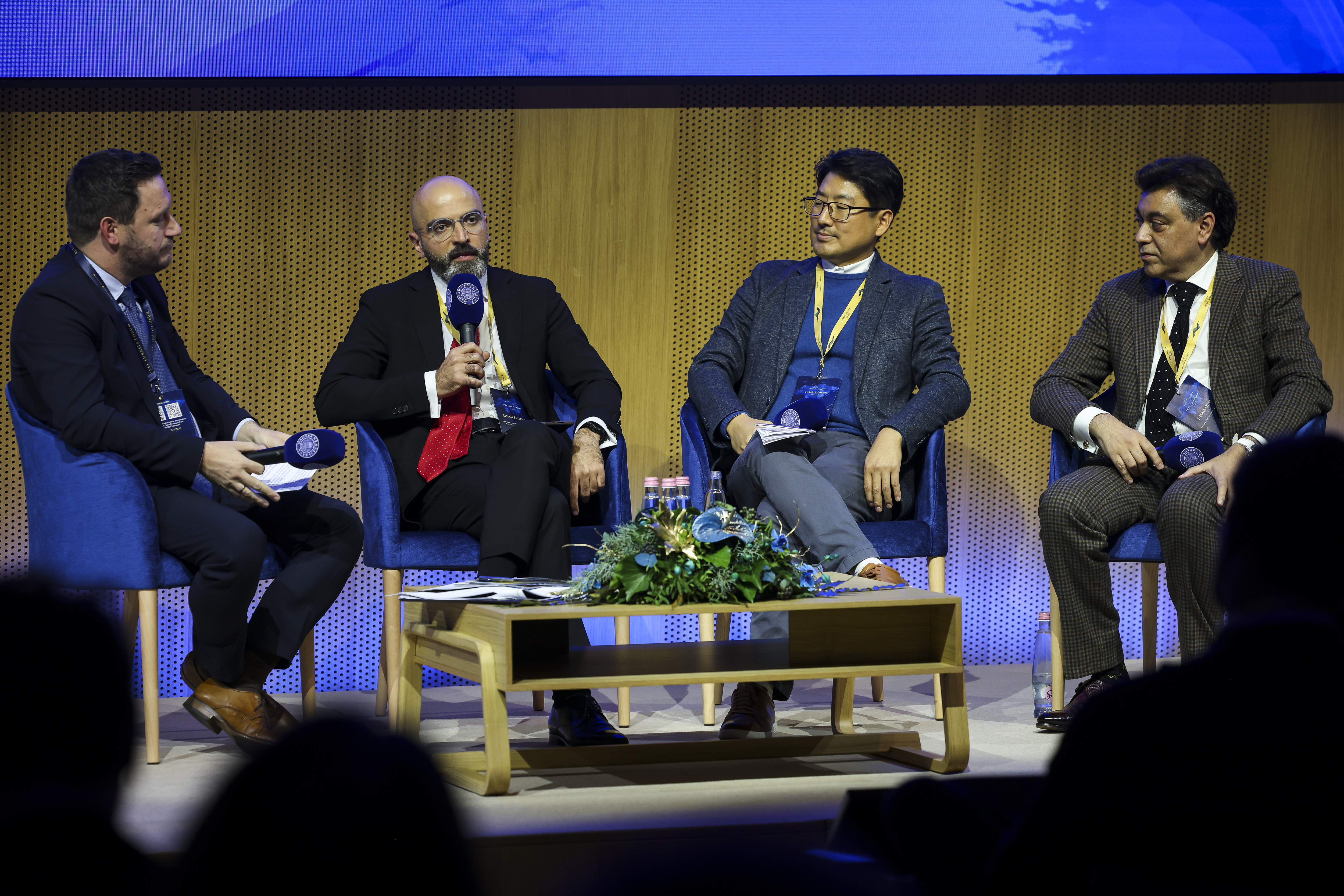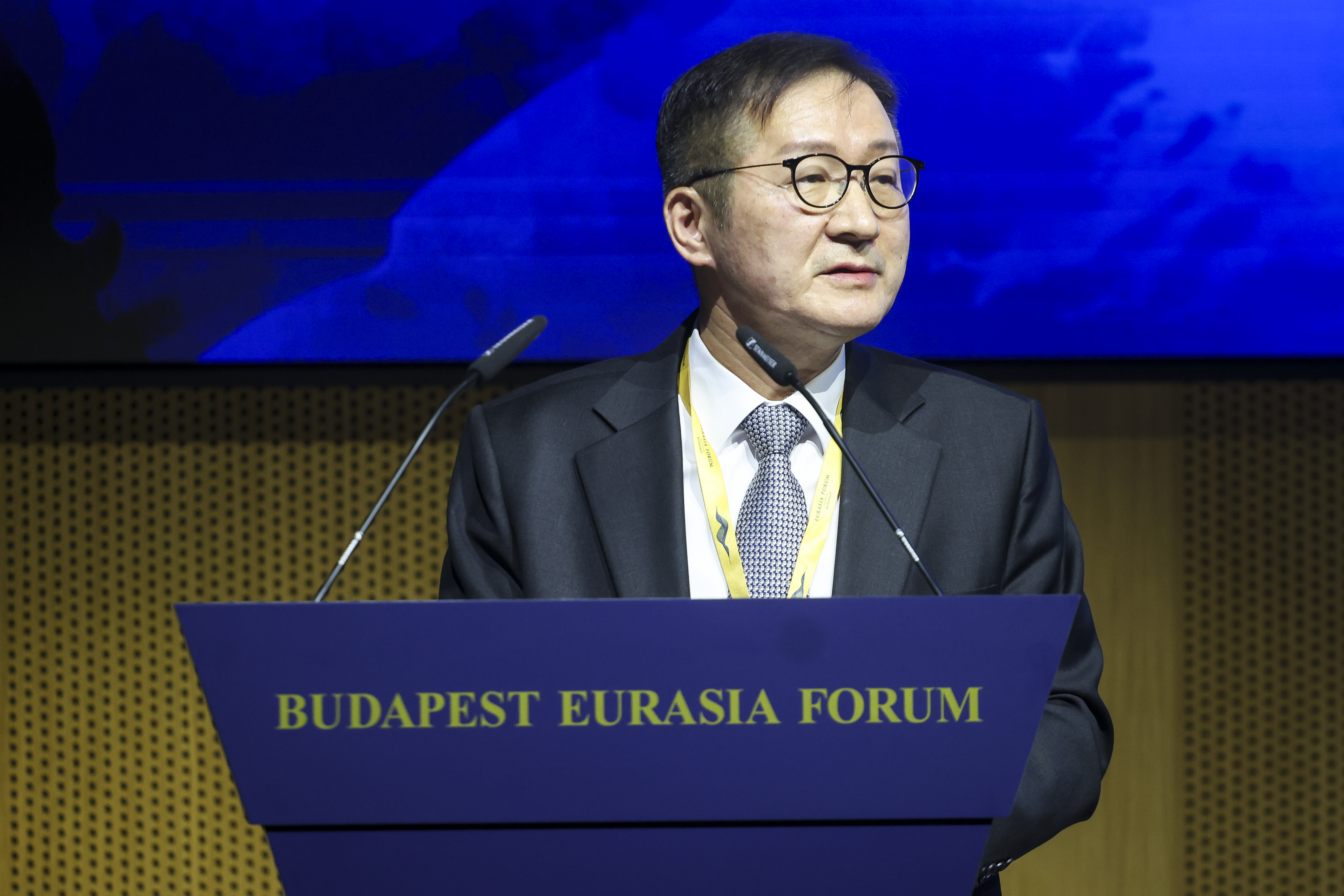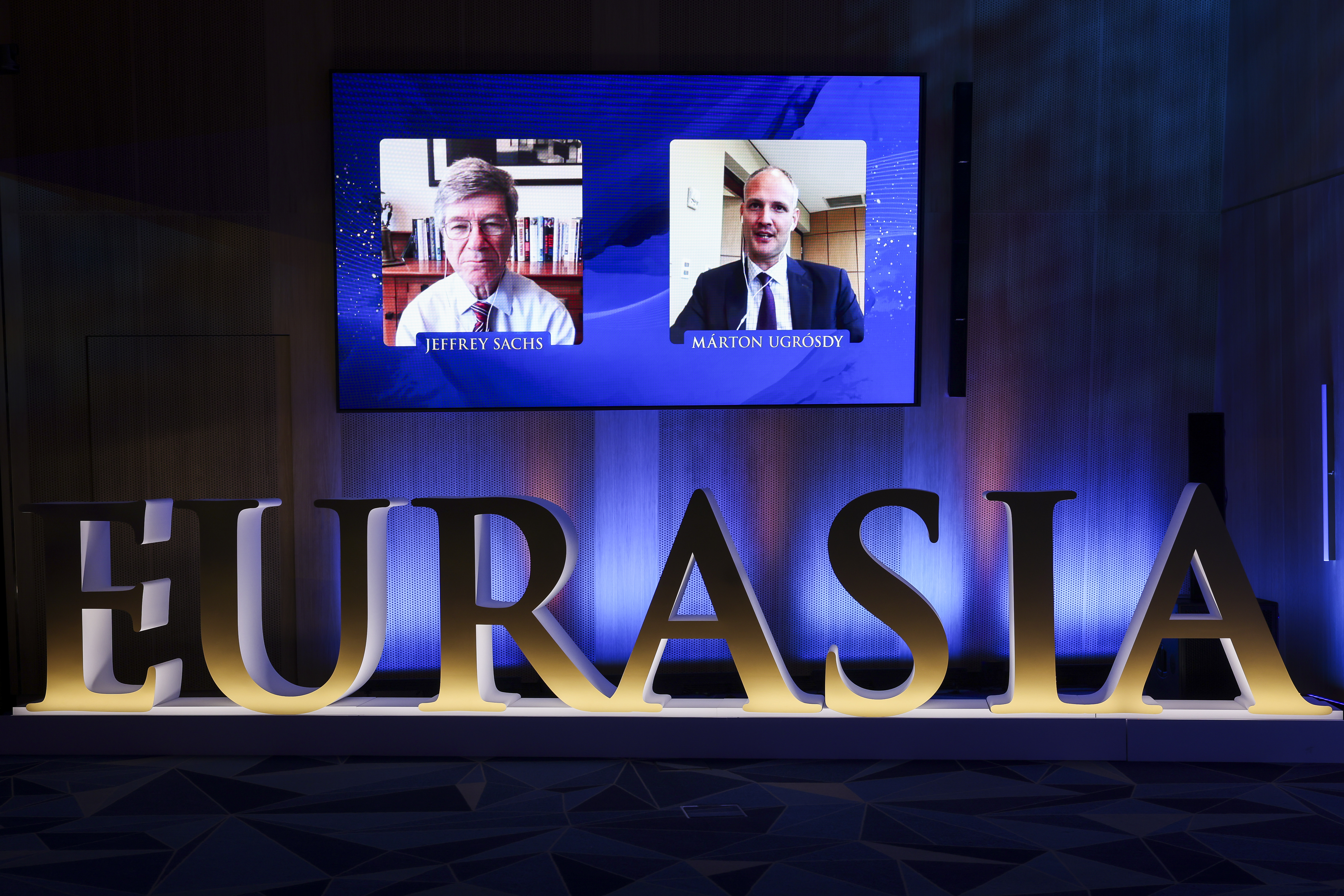
Every year, more and more Asian universities are being ranked among the best higher education institutions, pointed out the Director of the Eurasia Center, Levente Horváth, who was joined by Zhang Renhe, Vice President of Fudan University, which has been ranked among the top 50 universities in recent years. Zhang Renhe said that artificial intelligence is already an active part of everyday university life, not only in administration but also in the classroom. "The market recognizes the effectiveness of our training," he said.

Attila Kovács, Dean of Budapest Metropolitan University, has already raised a problem that we are seeing signs of today: technological developments are leading to a series of disappearing jobs. According to Ayham Fayyoumi, Education and Skills Director of PwC Middle East, the big change came with the coronavirus epidemic, when education moved to the online space. He stressed, however, that while many jobs will no longer exist in the future, around half of today's pre-school and primary school-age children will be doing jobs that do not exist now. "While digitalisation is happening without a hitch in developed countries, it is far from happening in developing countries," said Paul Kim, Chief Technology Officer and Associate Dean of the Stanford Graduate School of Education. And Deepak Ohri, Founder and CEO of lebua Hotels and Resorts, warned that as the world transforms, children need to be taught even greater responsibility.

Following the roundtable discussion, Kilhwa Jung, Chairman of the Korean Foundation for International Cultural Exchange (KOFICE), gave a presentation on contemporary Korean culture (Hallyu), and the flourishing Hungarian-Korean relations.

Jeffrey Sachs, Director of the Center for Sustainable Development at Columbia University, focused on the geopolitical transformations that have taken place since the collapse of the Soviet Union. He stressed that Washington's failure to listen to the world could lead to an escalation of conflicts. As an example, he said that although Russia had warned the Americans not to expand NATO further eastwards, they had not heeded the warnings. Márton Ugrósdy, Deputy State Secretary Heading the Office of the Prime Minister’s Political Director, said the key to solving problems lies in cooperation - of which China is a part - and not isolation.
The fourth Budapest Eurasia Forum was closed by Barnabás Virág, Vice President of the central bank. In his speech, he summed up the conference by saying that without peace there is no economic development, and without economic development there is no peace.
The author is a foreign policy journalist